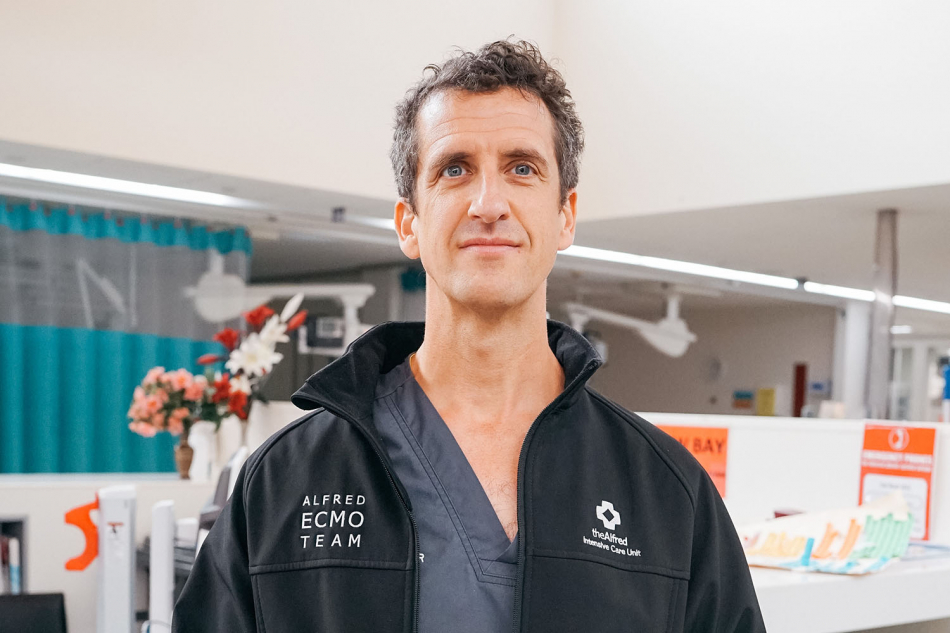Working in the intensive care unit (ICU) as a consultant and medical donation specialist, Dr Dashiell Gantner understands that at the end of a person’s life, knowing that their choices will be respected is very important.
Dash believes having a discussion with our loved ones on how we want our deaths managed sends the clearest message possible to our family on what we want.
From Dash’s experience he knows that organ donation may not the right choice for everyone - but that it’s a very important choice for those who want it to be part of their end of life journey.
“First person consent for organ donation provides for clear, mutual understanding of someone’s wishes, and opportunity for their autonomy to be respected even as they are dying,” Dash says.
Dash explains that when a person is dying in ICU and decisions about organ donation are being made by family, the best outcome is an informed choice that reflects the values of the person who is dying.
Discussions around death are never easy, but Dash says with the improving community mindfulness about organ donation, he is finding patients loved ones are increasingly prepared to have the conversation.
“Families and colleagues are coming to me and raising organ donation before the medical donation team has even become involved.”
“We’re culturally disinclined to discuss death – but to make concrete plans on how we want our death to be managed not only improves the way we die but, through donation and transplantation, can improve outcomes for our community.”
If a person is in a position to be a suitable donor the ICU and medical donation team are there to support and communicate the process to patients and their loved ones in whatever way is right for them.
To register as organ donor visit https://donatelife.gov.au/register-donor-today
First published 29 July 2020
